What is Lymph Edema, and what are the causes and treatment methods?
Lymph edema is an accumulation of fluids, proteins and fat due to a dysfunction or damage in the lymphatic system. This causes the affected extremity, often the arm or leg, to swell.
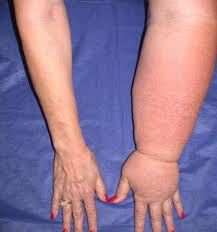
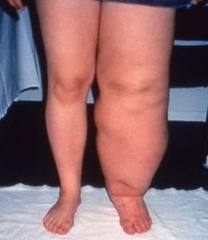
Causes of Lymph Edema
The most common causes for lymph edema are damage from lymphadenectomy (surgical removal of lymph nodes), usually due to cancer treatment, radiation, compression of the lymphatic vessels or lymph nodes due to tumor invasion.
Sometimes other, non-cancer related, reasons like severe trauma to the area, severe burns, or certain vascular surgeries like vein stripping or radiofrequency ablation (an electrical current produced by a radio wave is used to heat up a defective vein, effectively closing it) may cause damage to the lymphatic system.
In developed countries the primary cause for lymph edema is usually secondary; that means non -genetic, and due to the above mentioned causes.
Thankfully, due to the greatly improved surgery and radiation therapies, and, of course, early screening techniques, the occurrence of lymph edema is less common than in earlier years. Nonetheless, there is a 20% to 40% probability of lymph edema in the arm of the affected side after breast cancer surgery.
In rare cases, lymph edema is considered primary (genetic causes), and may appear either in infancy or after puberty.
Outside the United States, filariasis is the most common cause of lymph edema. Filariasis is caused by the “Wuchereria bancrofti” parasite, a roundworm, which is spread by mosquitoes. It affects over 120 million people, primarily in subtropical countries. If the disease is left untreated it can lead to elephantiasis.
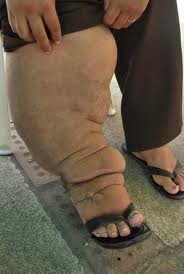
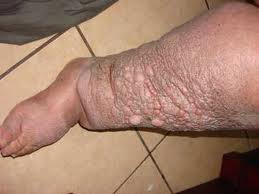
Lymph edema, whatever the cause may be, is a chronic disease, which according to the medical community cannot be cured.
However, it can be managed!
Treatment and management of Lymph Edema
The standard treatment for managing lymph edema is a combination of Manual Lymph Drainage (MLD) and CDT.
MLD is a gentle medical massage therapy designed to move the lymphatic fluid and proteins out of the affected (swollen) areas, and back into the circulation.
CDT or Complete Decongestive Therapy is a combination of patient/client education on skin care, self-MLD, bandaging, as well as compression garment therapy.
MLD CDT
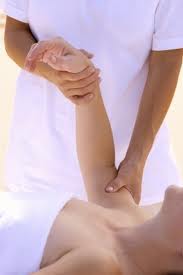
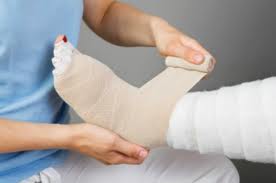
Compression Garments
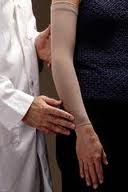
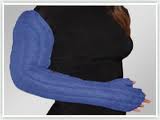
Additionally breathing exercises and dietary measures should be included, as these can greatly improve the overall health and quality of life of the patient/client.
I realize that, unfortunately, too many clients are misinformed about living with and managing lymph edema. Many physicians and clinicians are not familiar with the treatment of lymph edema, and thus the client/patient often feels insecure and lost. I am here to educate you and help you manage your condition.
For ALL patients and clients who have Lymph Edema I recommend the following book


